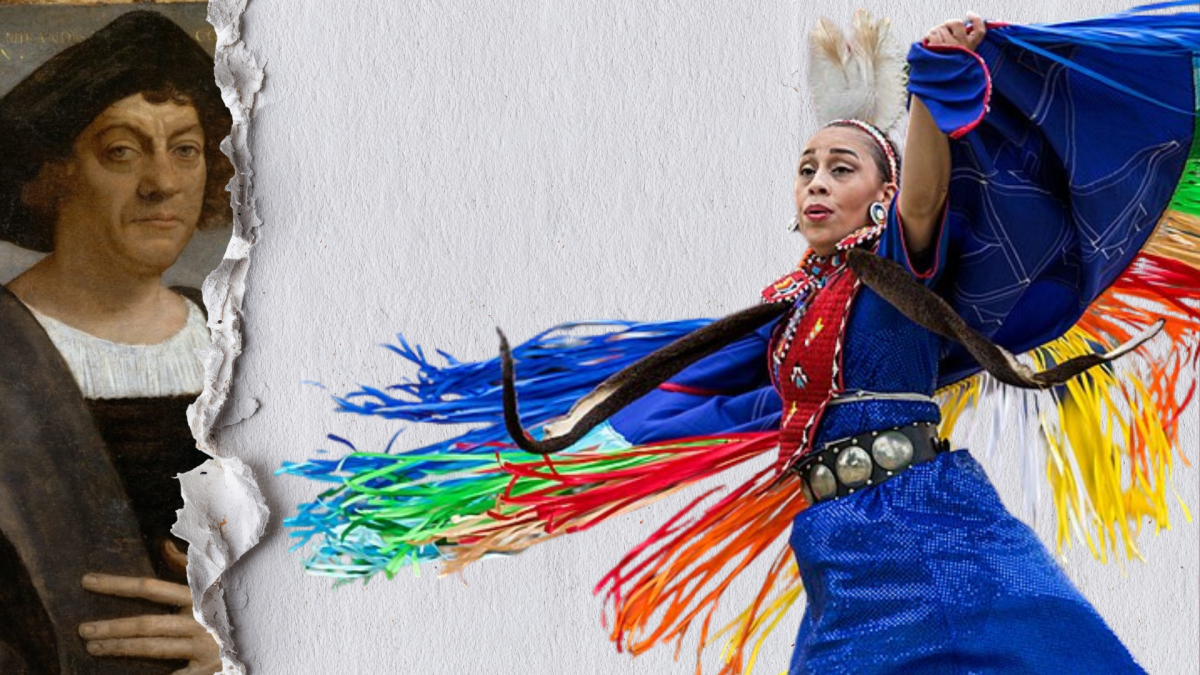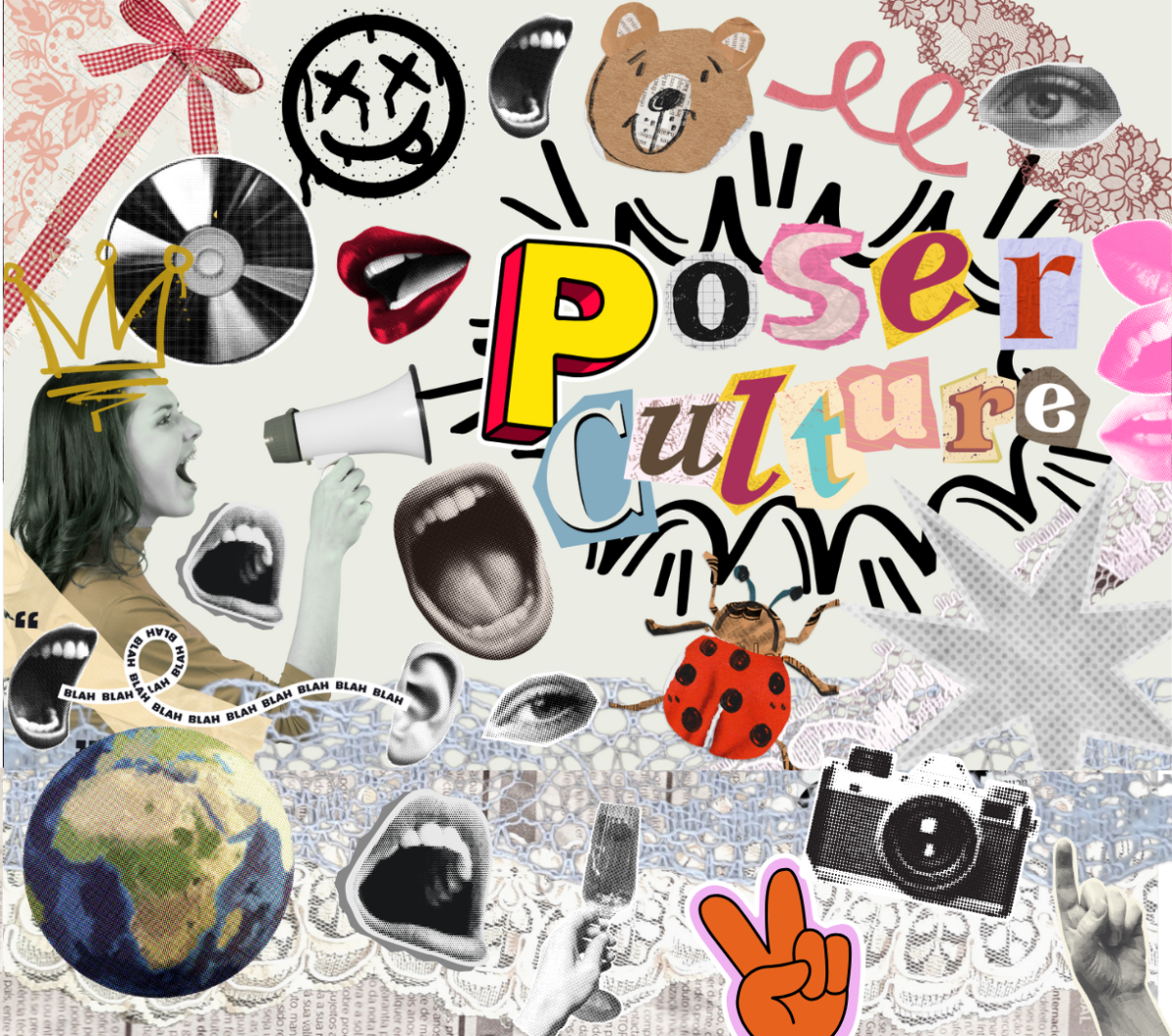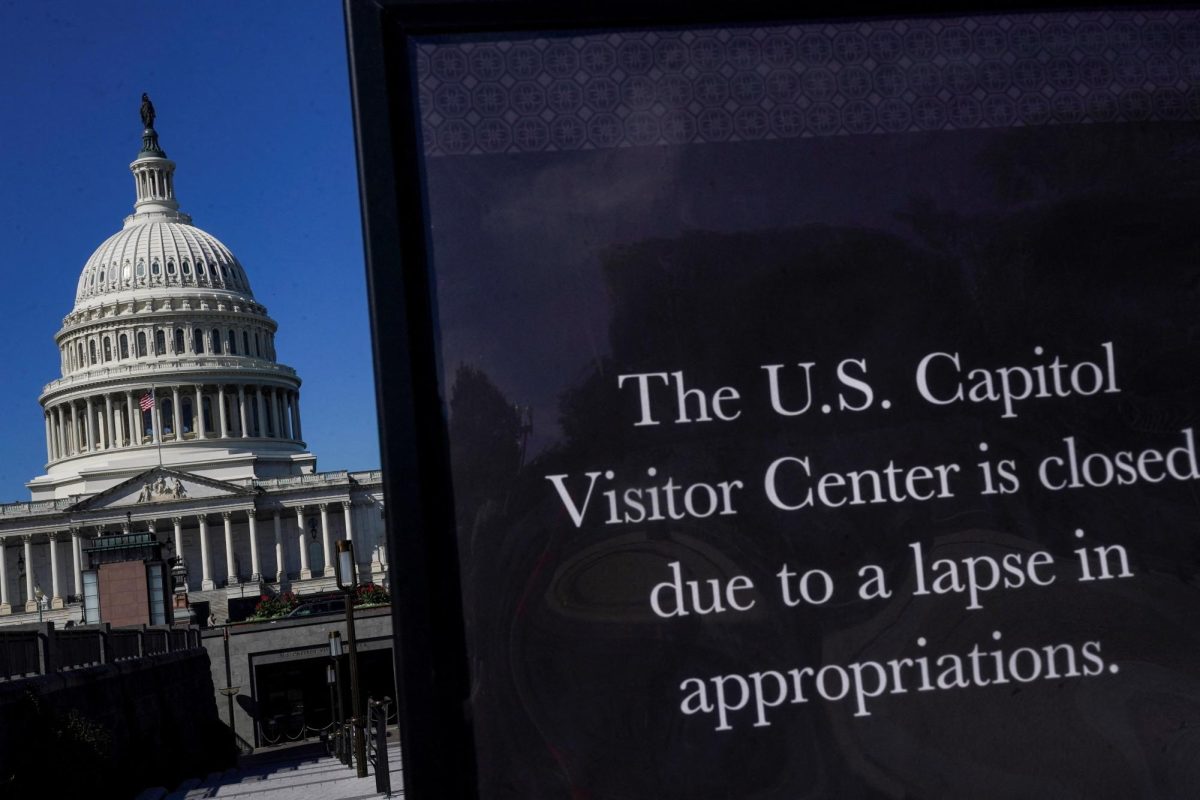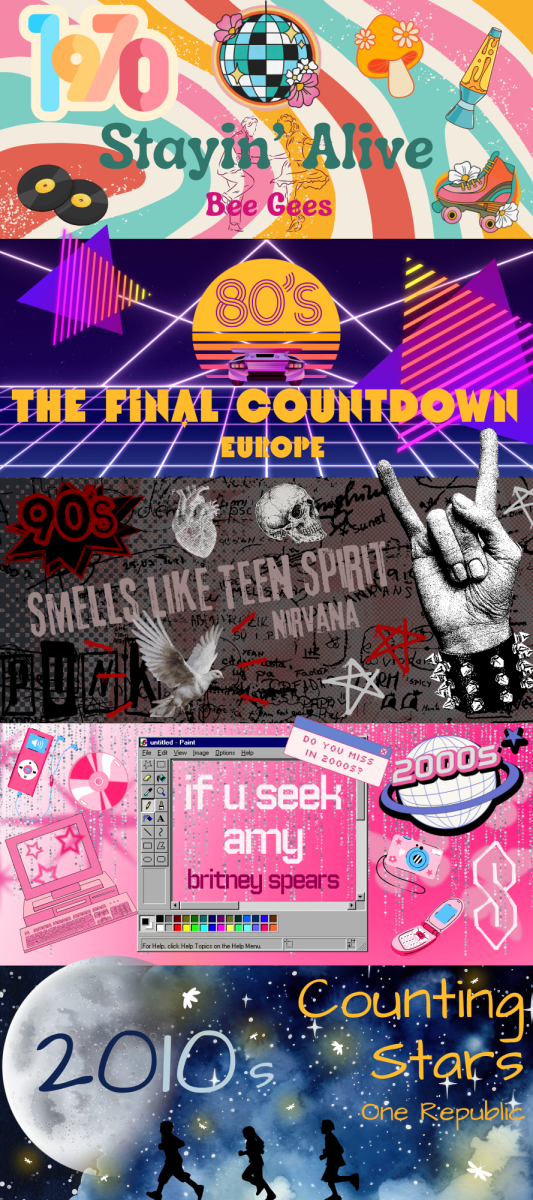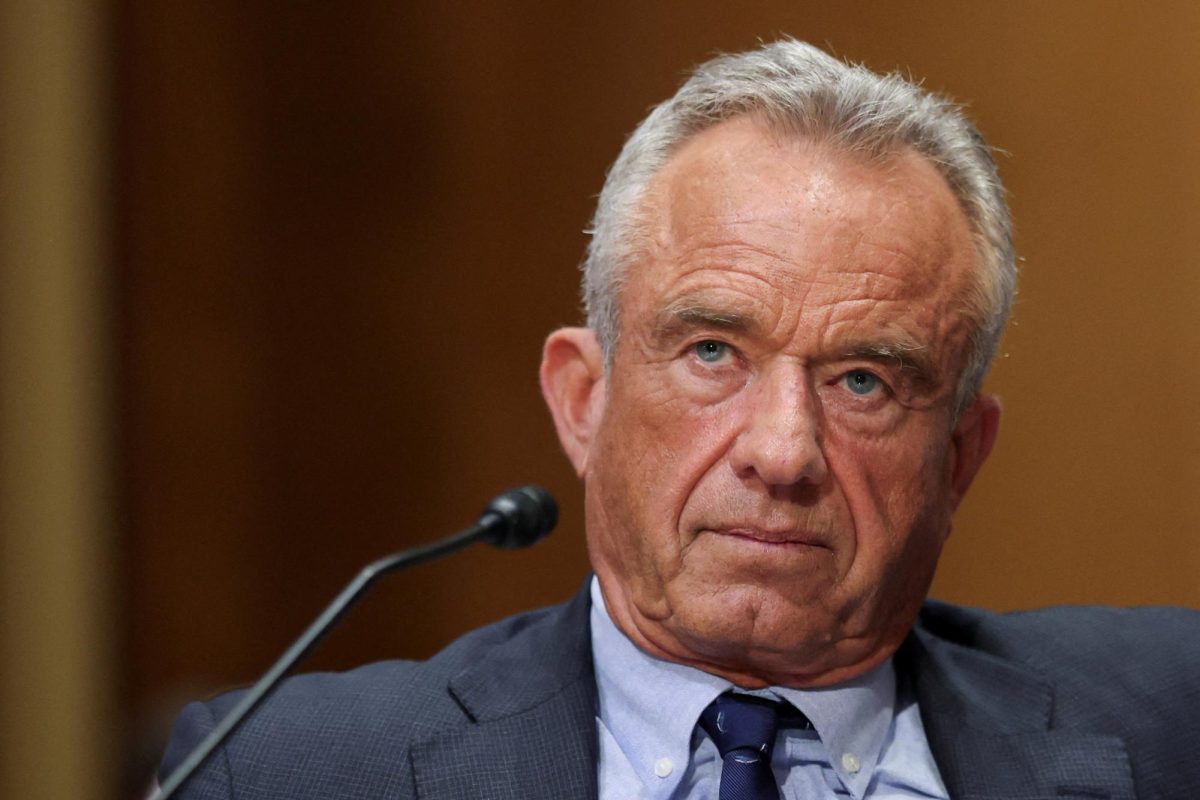When you walk into a library, there are some things that you expect to see. You expect the great novels, stories and books that have made up our society. However, what if you can’t find that one special book? The book is controversial but necessary for a society that needs differing views. Unfortunately, that one book has been censored.
In an article written by a fellow Magpie staffer Veda Fagner, she talks about trigger warnings, another form of censorship in today’s age. Trigger warnings can be described as a way to hide behind real-world issues, especially in a classroom. Avoiding these triggers has been shown to even increase symptoms of PTSD.
A Harvard study from 2019 involving 451 trauma survivor participants found that trigger warnings may do more harm than good. The study said that most studies indicate that they are functionally useless or cause small adverse side effects. The authors even say that trigger warnings could “reinforce survivors’ view of their trauma as central to their identity.”
Moving on from trigger warnings, we must dive into the broader landscape of censorship and how it limits our intelligence. Censorship poses a significant threat to the principles of democracy and the exchange of ideas.
In this new digital age, information flows like a river, endlessly feeding the ocean of our minds. Social media platforms, search engines and online forums have become a new battleground for the struggle between freedom of expression and the need for content moderation.
One social media platform, Facebook, has faced criticism in the past for being biased and censoring certain people. Of course, a line must be drawn in the sand concerning what is stopping the spread of harmful information or preventing the right to express a diverse opinion online.
The mind-boggling effect of censorship reaches beyond online spaces and right into traditional media. Books, films and art in general have long been subject to suppression, often for the guise of of protecting the public or preventing the spread of controversial ideas. However, is it not the purpose of intellectual debate to challenge the ideas of the “norm” and pave the way for new perspectives in society?
Even a restriction on works that are deemed controversial or harmful only ends up creating more harm than if the work was not restricted. It stifles creativity and the progress of society.
Let’s take a look at George Orwell’s classic “1984.” Ironically, a book that talks about a totalitarian government that controls its citizens through censorship and other government intervention has itself been censored. The themes of propaganda, censorship and freedom are all targeted by those who fear the power of differing views.
Censorship is control, and it can control an entire generation if there are no people to stop it. It is up to us, the future generation, to stop the control of censorship on our ideas. No matter what, advocate.




